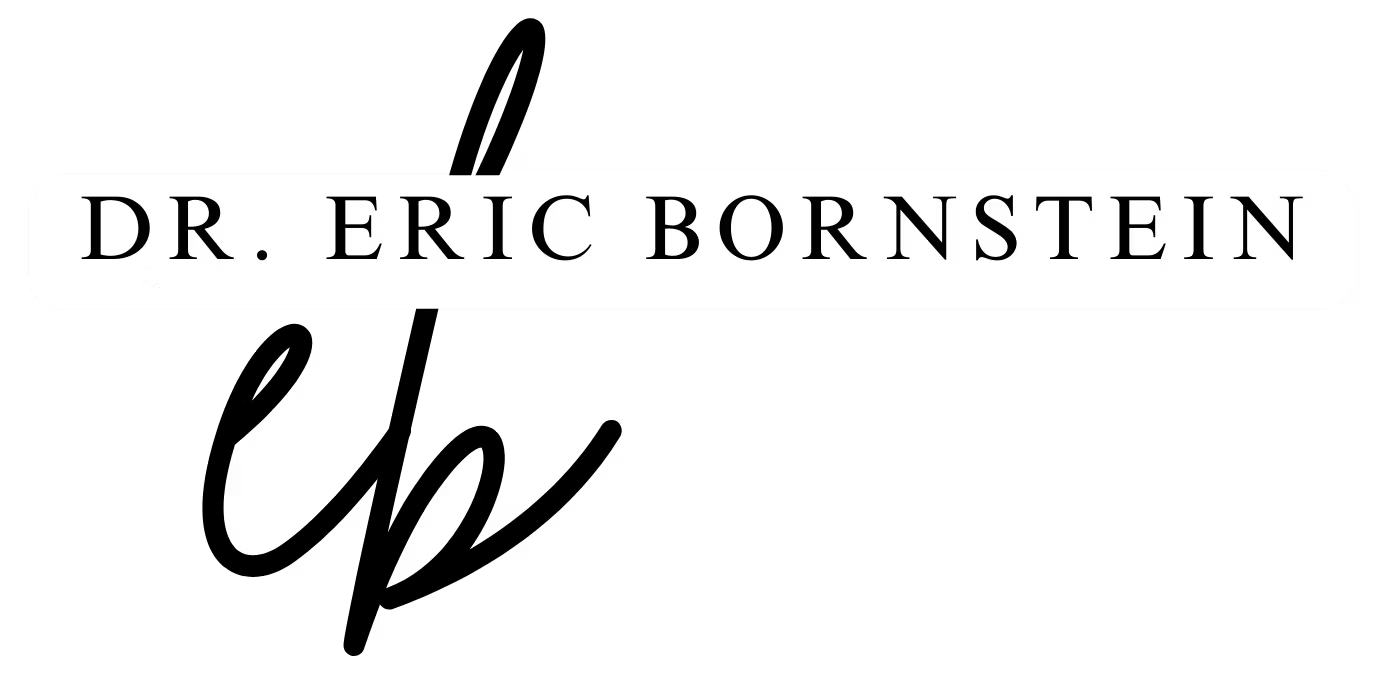Course 1 - Drug Therapy In Older Patients
Age Related Issues
As human beings approach the sixth decade of life, they begin to suffer from increased illness, a functional decline, and the psychological and existential issues surrounding the end of life.
- Medical professionals must have a basic understanding of both the normal aging process and aberrant aging issues to diagnose and treat elderly patients correctly with all drug therapies.
In Part One of this new webinar, Dr. Bornstein describes basic aging physiologic changes, including declines in stamina, strength, and metabolic Rate. These changes include decreased cardiopulmonary function and distinct gastrointestinal and genitourinary function changes.
- Compounding these issues are reduced muscle mass and strength, reduced bone density, increased body fat, decreased endocrine systems, and lower immunity.
Finally, neurologic changes leading to forgetfulness and falls, declines in neurotransmitters, and alterations in balance and gait.

In Part Two of this webinar, Dr. Bornstein explains the altered drug interactions in geriatric patients resulting from the (above) described physiologic and neurologic changes of age. Pharmacology and drug changes to be discussed include:
- Drug absorption, distribution, metabolism, and excretion.
- Common drug-drug interactions in older patients: Anxiolytics, Antihistamines, Opioids, Sedatives, & Anti-Arrhythmic Drugs.
- Preventable causes of drug-related problems.
- Diagnosing and guarding against polypharmacy.
- Principles of prescribing for older patients.
- Principles of pain management in older adults.
- Inappropriate medication use in older adults.
As these issues are increasingly in today’s society with the aging of the population, this webinar is a necessary continuing education for all health professionals.

This course offers 4 – CE credit hours for the following professions:
NURSES, DENTAL PROFESSIONALS, PHARMACISTS, REGISTERED DIETITIANS & DTRs, PSYCHOLOGISTS, MENTAL HEALTH COUNSELORS & ADDICTION COUNSELORS, MARRIAGE & FAMILY THERAPISTS, SOCIAL WORKERS, OCCUPATIONAL THERAPISTS & OTAs, PHYSICAL THERAPISTS & PTAs, CASE MANAGERS, NURSING HOME ADMINISTRATORS (Distance Learning), MASSAGE THERAPISTS.
